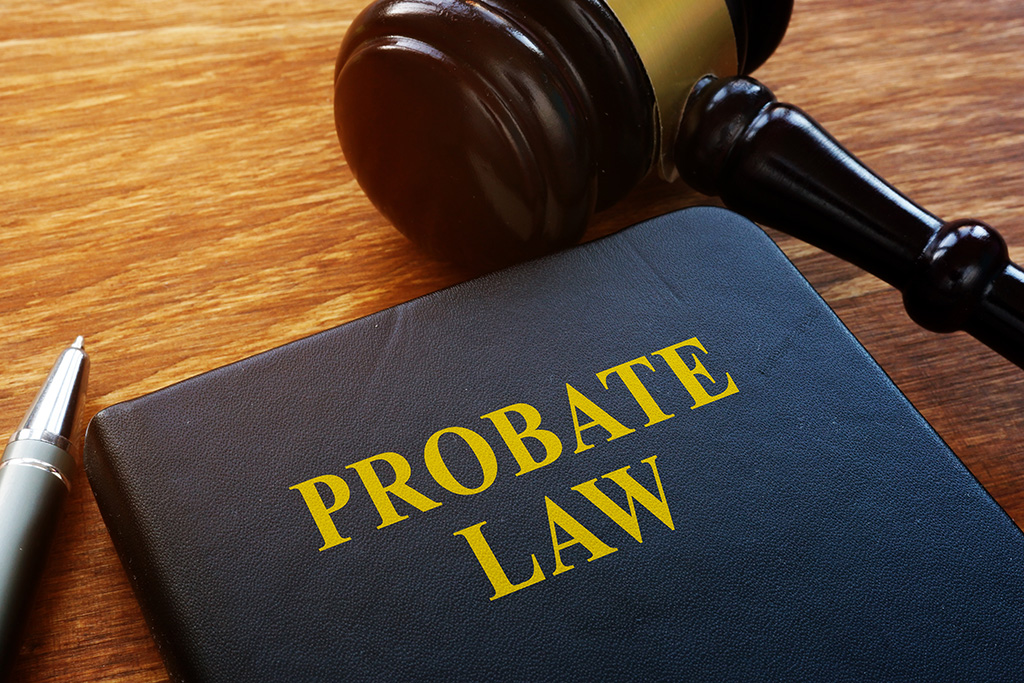Understanding the Probate Process in Texas: A Step-by-Step Guide
The probate process in Texas can be intricate, but understanding its steps can help ease the burden during a difficult time. Generally, the process begins with filing the will in probate court, followed by a series of legal procedures that ensure the deceased's assets are distributed according to their wishes.
Key steps include appointing an executor, notifying creditors, and settling any debts before distributing the remaining assets to heirs. Each step may vary based on the complexity of the estate and whether the will is contested, making it essential to have knowledgeable legal guidance throughout the process.
Probate Alternatives in Texas: Exploring Your Options
Many individuals may seek alternatives to traditional probate in Texas to simplify the transfer of assets after death. Options such as living trusts, joint ownership, and payable-on-death accounts can help avoid the lengthy and costly probate process.
For instance, a living trust allows individuals to transfer assets into a trust during their lifetime, which can then be distributed to beneficiaries without going through probate. Understanding these alternatives can provide peace of mind and ensure a smoother transition of assets for loved ones.
Common Myths About Probate Law in Texas Debunked
There are several misconceptions about probate law in Texas that can lead to confusion and misinformation. One common myth is that all estates must go through probate, when in fact, many small estates can qualify for simplified procedures or may not require probate at all.
Another myth is that probate is always a lengthy process; however, with proper planning and the right legal support, many estates can be settled efficiently. Addressing these myths is crucial for individuals to make informed decisions regarding their estate planning.
The Role of an Executor in Texas Probate: Responsibilities and Duties
The executor plays a vital role in the Texas probate process, responsible for managing the deceased's estate according to the terms of the will and state law. This includes gathering assets, paying debts, and distributing property to heirs, all while adhering to legal requirements.
Executors must also keep detailed records and may need to communicate with beneficiaries throughout the process. Understanding the scope of these responsibilities can help executors fulfill their duties effectively and avoid potential legal complications.










